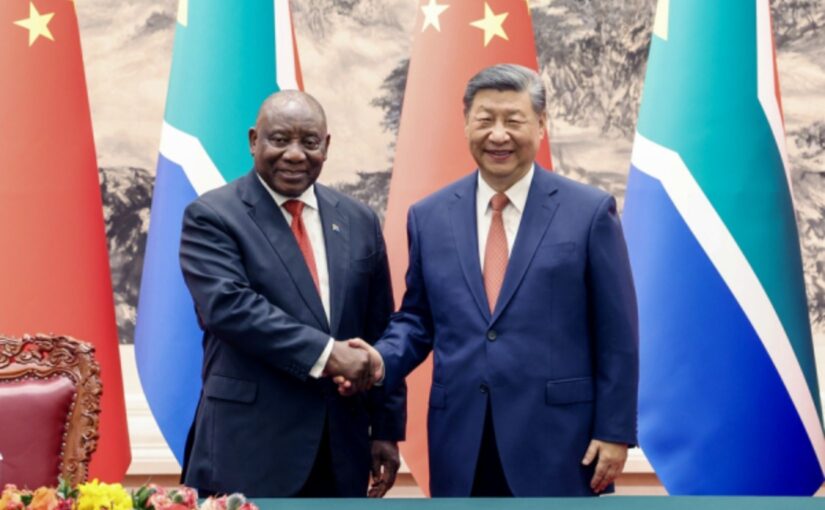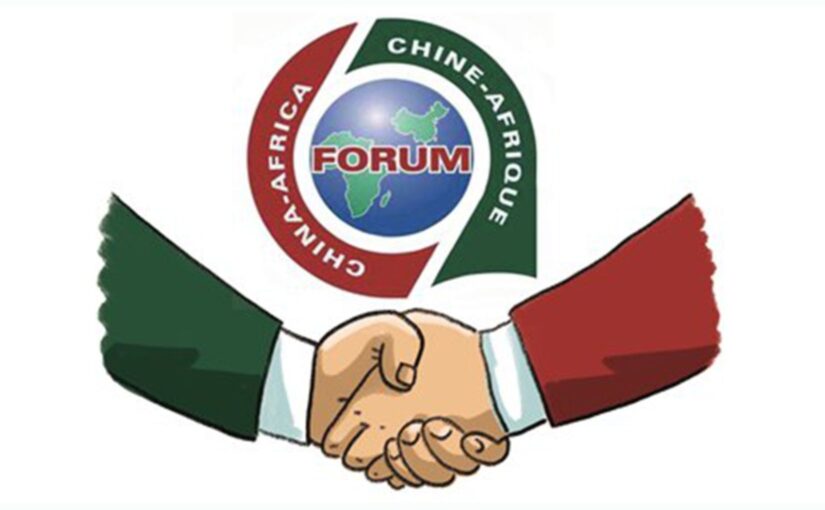The death of Sam Nujoma, the Founding Father of Namibia and the country’s first President, has been deeply mourned both in his own country as well as throughout Africa and by progressive humanity worldwide.
Comrade Nujoma passed away on 8 February 2025 at the age of 95 in a hospital in the national capital Windhoek, to which he had been admitted three weeks previously. He had led the Namibian struggle for freedom since the 1950s and was the last of the iconic leaders of the liberation struggle in southern Africa. He now joins his comrades-in-arms, Nelson Mandela of South Africa, Robert Mugabe of Zimbabwe, Samora Machel of Mozambique, Agostinho Neto of Angola, Julius Nyerere of Tanzania, and Kenneth Kaunda of Zambia.
Sam Nujoma was a great and lifelong friend of China, who met Mao Zedong and Zhou Enlai and many other Chinese leaders of succeeding generations. Socialist China in turn has consistently supported the people of Namibia and the South West African People’s Organisation (SWAPO), founded by Nujoma, in both the struggle for national liberation and in the building of a new society.
In a message to current Namibian President Nangolo Mbumba, Chinese President Xi Jinping, on behalf of the Chinese government and people, expressed deep condolences over the passing of Nujoma and extended sincere sympathy to the family of Nujoma, the Namibian government and people.
Xi said that Nujoma was a statesman and revolutionary of the older generation in Africa who made historic contributions in leading the Namibian people in their pursuit of national independence and liberation, and a development path suited to the country’s conditions. Throughout his life, he remained a firm friend of China and actively promoted traditional China-Namibia friendship and China-Africa cooperation. Noting that the passing of Nujoma is a tremendous loss for the people of Namibia, Xi said that the Chinese people have also lost an old and dear friend.
Foreign ministry spokesperson Guo Jiakun said that China deeply mourns the passing of former President Nujoma and expresses sincere condolences to Namibian government, people, and Nujoma’s family. He added that Nujoma was a freedom fighter and revolutionary leader who led the Namibian people in their pursuit of national independence and liberation. He was the founding father highly respected and loved by the Namibian people and made positive contributions to the cause of human peace and development.
Guo went on to say that former President Nujoma was one of the founders of the China-Namibia friendship and made important contributions to the development of China-Namibia relations and China-Africa relations. In this time of sorrow, the Chinese people will stand firmly with the Namibian people, turning grief into strength, and jointly promoting the continuous flourishing of China-Namibia and China-Africa friendship and shared development.
A patriot, a Pan-Africanist and an internationalist, the role played by Nujoma can be adduced from the numerous awards bestowed on him, including the Lenin Peace Prize by the Soviet Union, the Ho Chi Minh Peace Prize by Vietnam, the International Kim Il Sung Prize by the DPRK, the Order of José Martí by Cuba, and the Order of the Companions of O. R. Tambo by South Africa.
Declaring three days of national mourning for the Namibian leader, Cuban President Miguel Díaz-Canel, stated: “He demonstrated throughout his life a special affection for Cuba and support for the Cuban Revolution, from the time he led the heroic Namibian people in the struggle for independence, and later, when he assumed the highest leadership of his nascent independent state, and also as an African leader, a symbol of firmness and defence of just causes.
“He was a fervent promoter of solidarity and cooperation with Cuba and never ceased to recognise and appreciate the Cuban contribution to the struggles for the liberation of Africa and the end of apartheid. The Cuban people and government will always be grateful for his support in the struggle against the blockade.”
South African President Cyril Ramaphosa said: “As neighbours and compatriots, South Africa is united in grief with Namibians who have lost the leader of the Namibian revolution, who is inseparable from our own history of struggle and liberation.
“Dr Sam Nujoma was an extraordinary freedom fighter who divided his revolutionary programme between Namibia’s own struggle against South African colonialism and the liberation of South Africa from apartheid.
“In exile and on home soil, he led the Ovambo People’s Organisation, the South West Africa People’s Organisation and the People’s Liberation Army of Namibia against the seemingly unshakeable might of colonial and apartheid authorities and forces.
“Sam Nujoma inspired the Namibian people to pride and resistance that belied the size of the population. Namibia’s attainment of independence from South Africa in 1990 ignited in us the inevitability of our own liberation.
“President Nujoma’s leadership of a free Namibia laid the foundation for the solidarity and partnership our two countries share today – a partnership we will continue to deepen as neighbours and friends.”
The South African Communist Party stated: “In paying tribute to Comrade Sam Nujoma, the SACP reiterates its support for the Namibian people’s efforts to develop their country further, grounded in national sovereignty and self-determination. In this respect, the SACP will strengthen its ties with its historical ally, SWAPO.”
South Africa’s Economic Freedom Fighters party noted of Nujoma’s early struggles: “From working as a railway cleaner while attending night school, to organising black workers against forced removals, he embodied the spirit of defiance that would define his lifelong struggle for justice.”
Former President Thabo Mbeki said he met Nujoma for the first time in Lusaka in 1971. He said they would call Nujoma ‘Uncle Sam’. “President Nujoma was one of our leaders in the true sense of the world. We did not treat him as a leader from another organisation. He was one of our leaders during the struggle, not only Swapo’s leader.”
Speaking to the media, President Nangolo Mbumba said: “This is the man without whom you would still be under colonialism. Don’t forget that… He made ordinary workers – from farm workers to mine workers – trained them and made them brilliant soldiers.”
These sentiments were echoed by survivors of the attacks on the Cassinga and Vietnam camps in Angola, who said Nujoma has left a legacy that is difficult to match.
A statement from the Cassinga and Vietnam Survivors Committee said :“The passing of Comrade Sam Shafiishuna Nujoma marks the end of an epoch … He will always be remembered in Namibia’s history as a great patriot, revolutionary, fearless freedom fighter and a unifying leader.
“For us survivors of the Cassinga massacre barbarically committed by the colonial apartheid regime of South Africa … Comrade Nujoma left us with fond memories of a caring leader. He not only made sure that our wounded compatriots received the required medical treatment, but he also personally visited them at the hospitals in Angola and other countries. Comrade Nujoma also made sure that many children who survived the Cassinga massacre were sent by SWAPO to study in friendly countries, such as Cuba and the German Democratic Republic at the time.”
SWAPO Youth League secretary Ephraim Nekongo said Nujoma has profoundly shaped the country’s identity and values, leaving an enduring legacy that continues to inspire all.
“One of my most cherished memories of Nujoma is his unwavering commitment to the principles of freedom, justice and equality. His resilience during the protracted struggle for independence served as a beacon of hope for countless Namibians, inspiring us to stand firm and united in the face of adversity.”
Nekongo added that Nujoma consistently emphasised that independence was not merely a political victory, but a shared triumph of the Namibian people.
“As a former contract labourer, he experienced labour exploitation and mobilised workers. Nujoma realised that Namibian workers’ plights can only be solved in a conducive political environment, thus he mobilised them to join the armed liberation struggle of Namibia.” Nujoma’s decision to leave the country and garner international support for Namibia’s armed struggle will remain a watershed moment in Namibia’s liberation history.
“Namibians will always cherish Nujoma’s political ideals and his immense leadership strength during the struggle for independence and afterwards.”
Action for Southern Africa (ACTSA), the successor organisation to Britain’s Anti-Apartheid Movement (AAM), commented:
“This achievement [the defeat of apartheid and the winning of national independence] would have been enough to secure Sam Nujoma’s reputation, but he was also a man of great vision. He argued for and persuaded SWAPO to recognise the rights of women and children, long before they became the government of their country. He argued for good education and good health services, and his government began to put those things into place. He took care of his people.”
At the time of writing, Namibia had entered an undeclared period of national mourning with funeral arrangements and related protocols yet to be announced.
The following articles were originally published by the Xinhua News Agency and Global Times.
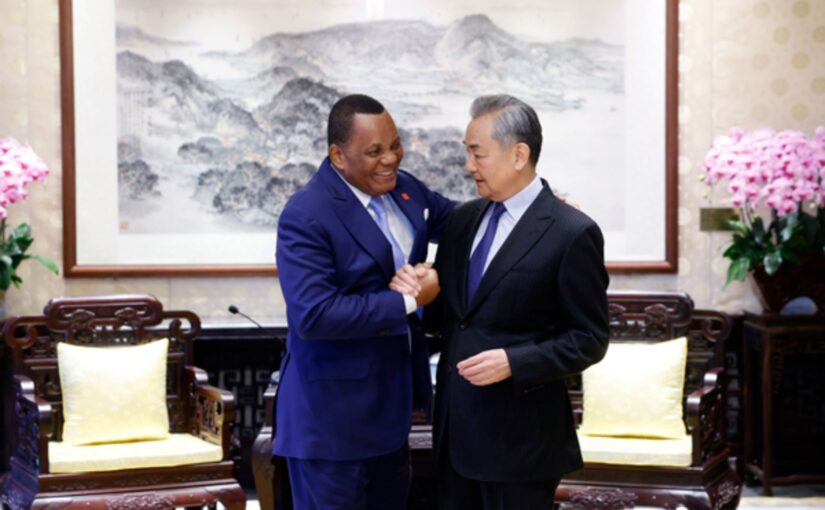
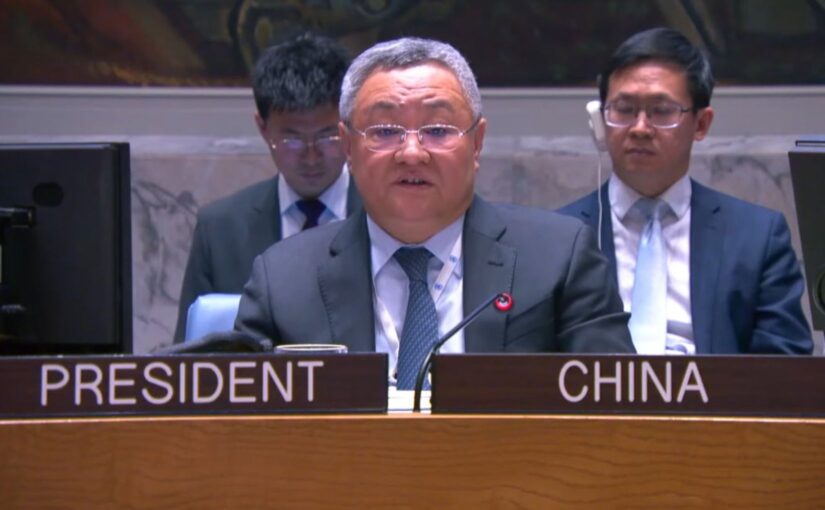
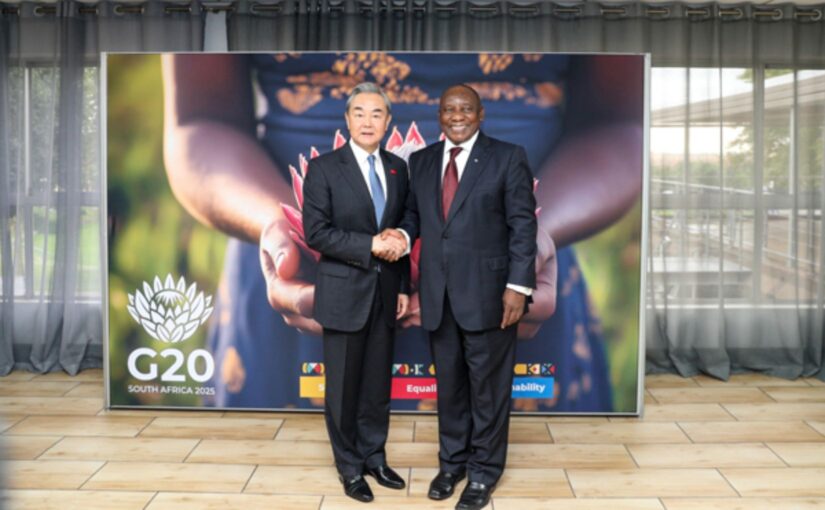
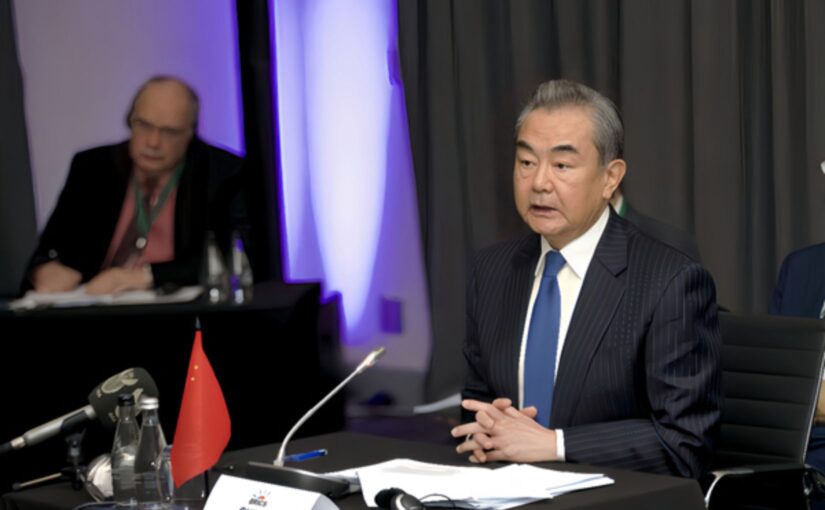
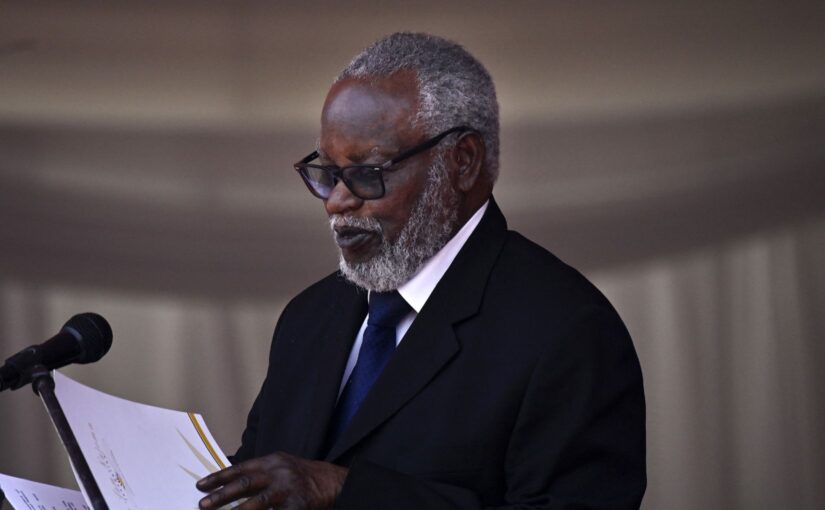
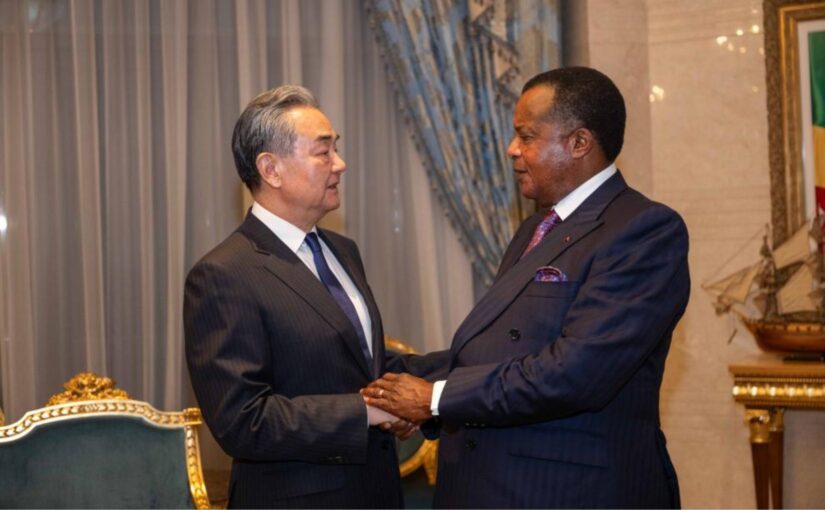
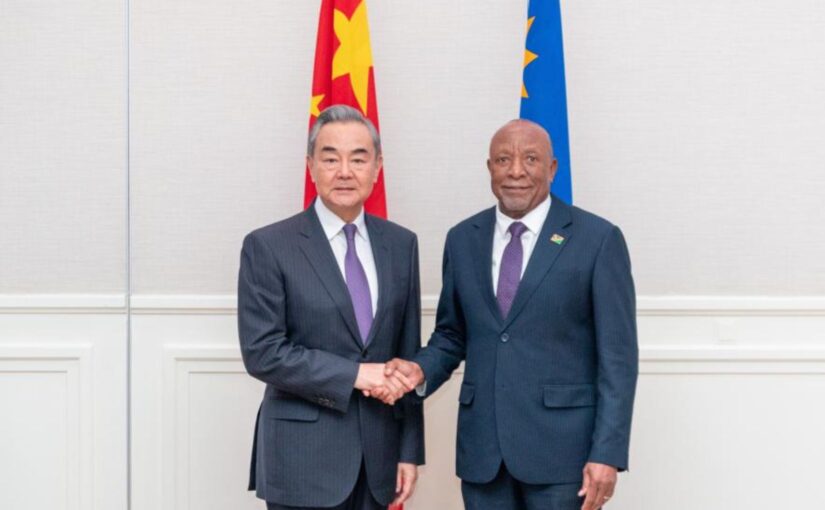
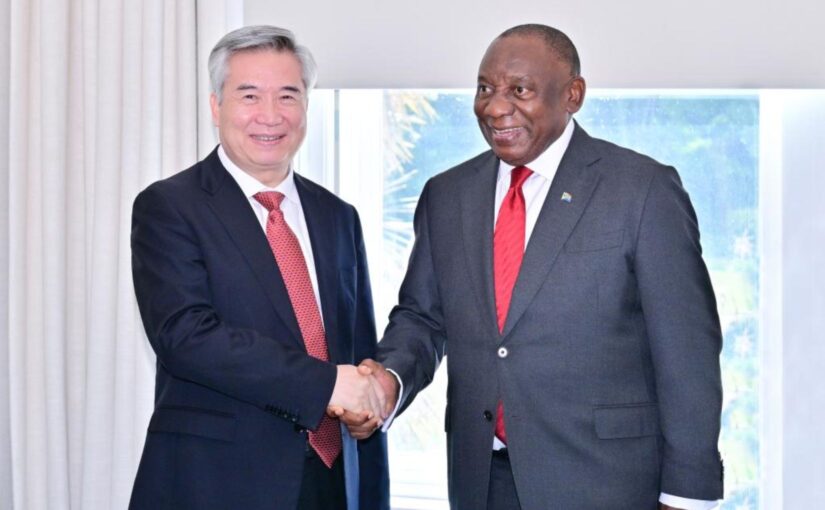
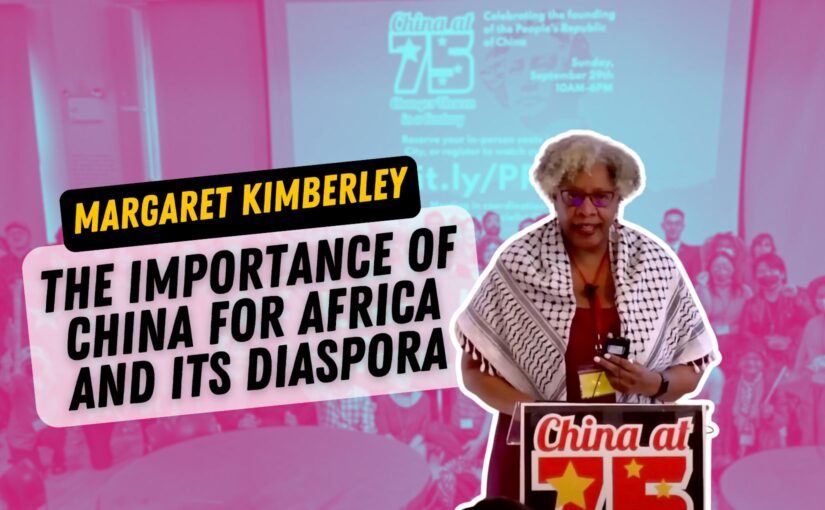
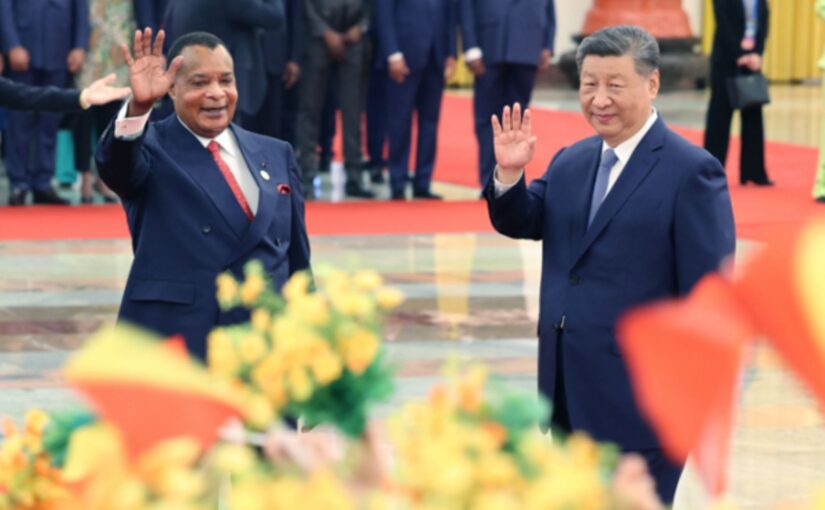
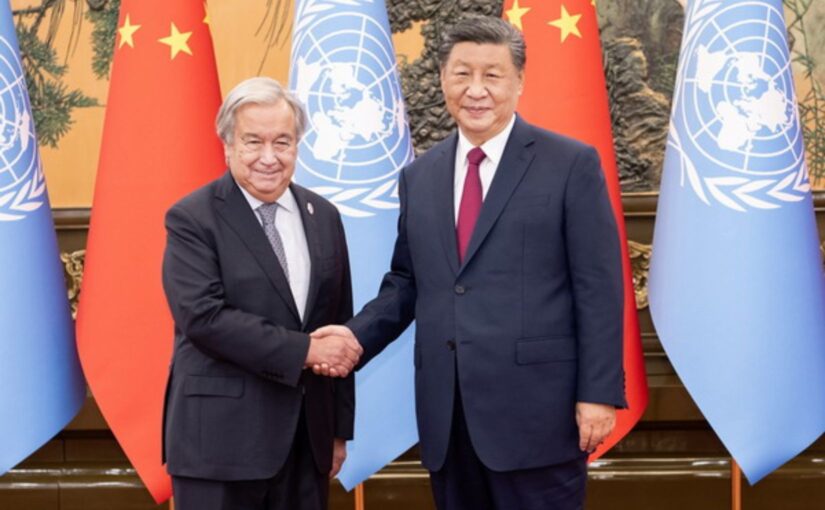
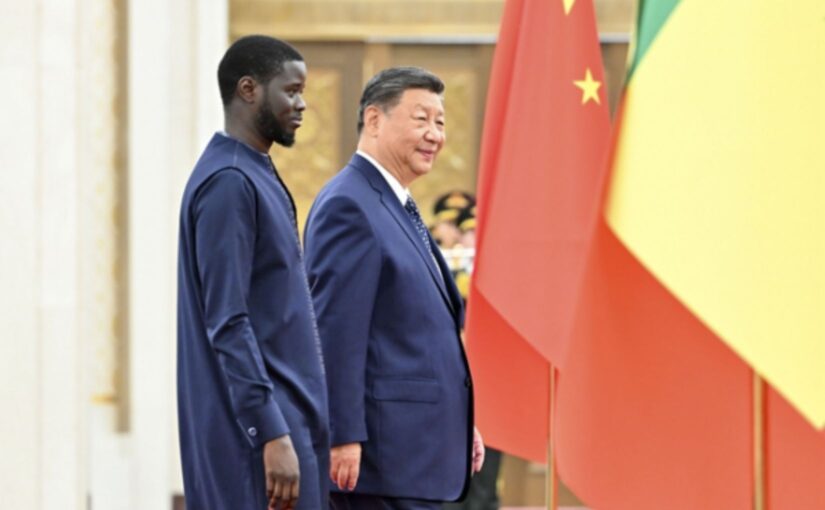
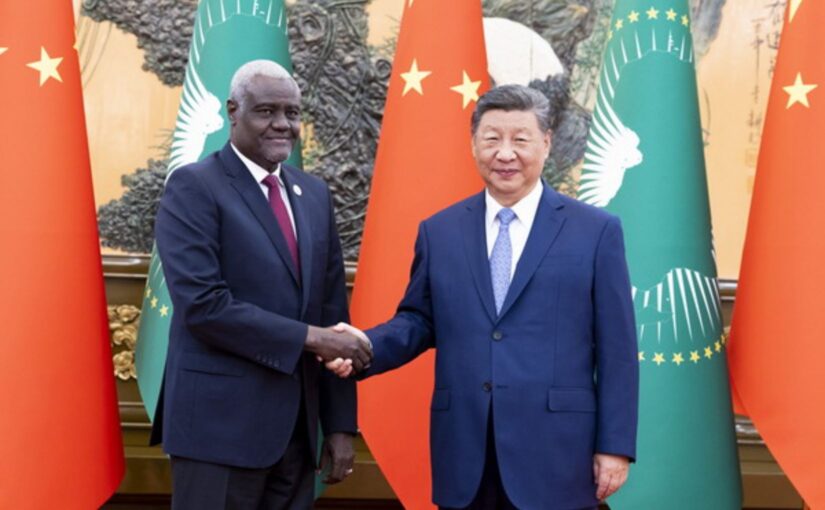
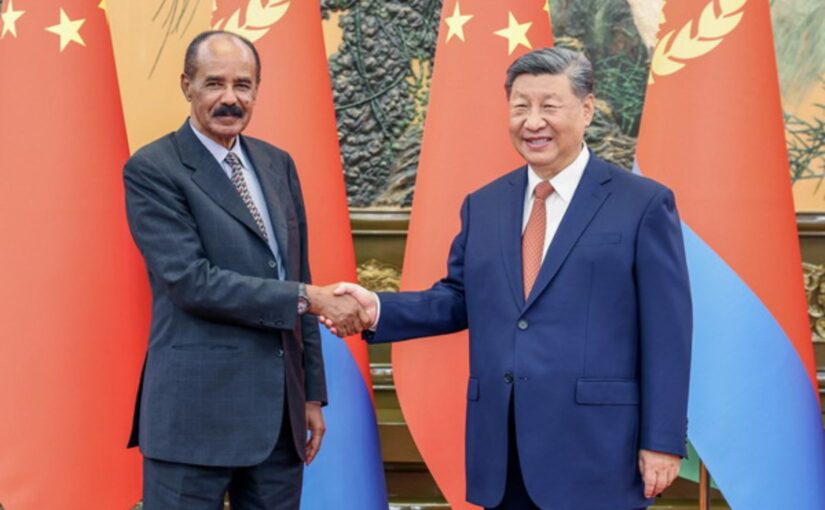
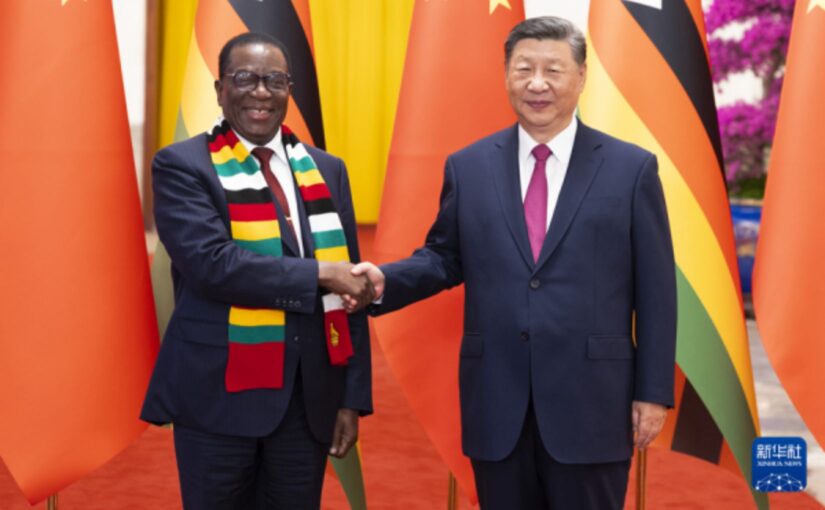

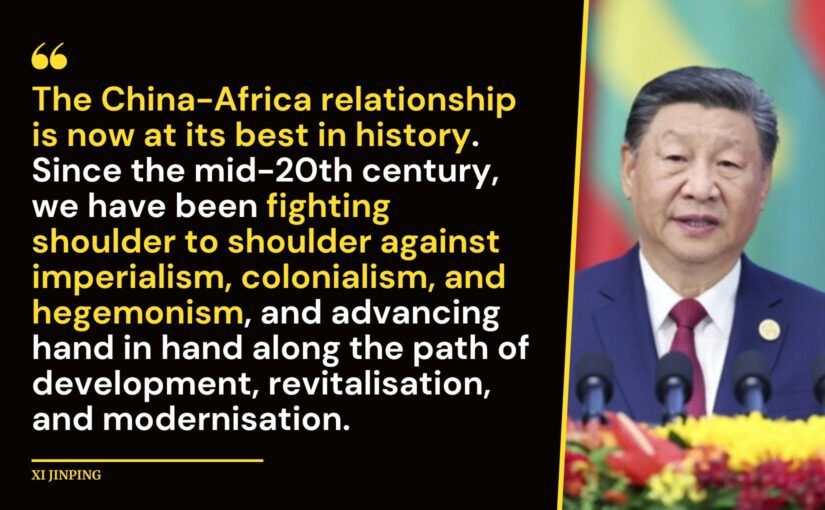
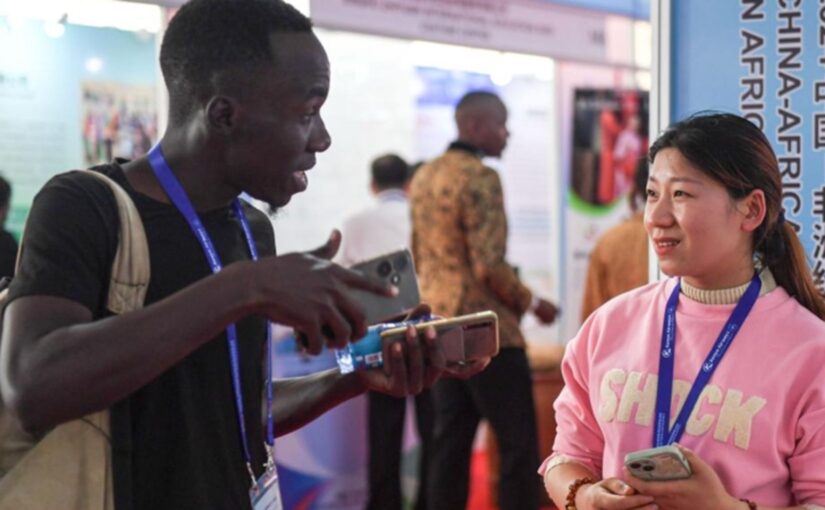
 Zambia expert:
Zambia expert: 
